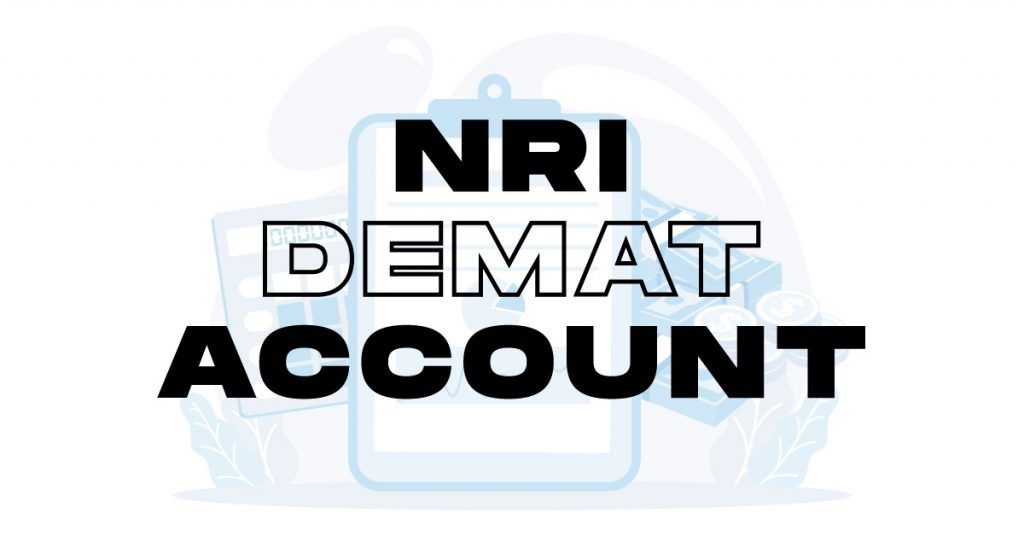How to Invest in IPO & Benefits of Investing in IPOs?
Written by Upstox Desk
Published on July 31, 2025 | 8 min read

Whether you are an active or a passive investor, you would love to diversify your portfolio and invest at the lowest share price possible in a fundamentally strong company. In the case of investing in IPOs, if a company’s annual report and past record are attractive enough and show a well-directed path toward its growth, you, as an investor, would pay a reasonable price for it. This is how you ensure your wealth creation.
Everyone thinks that investors are more likely to buy shares only when a company is creditworthy to invest in. When the demand for a particular company’s shares increases, prices also increase.
A constant increase in a company’s share prices helps you grow your money over a longer period. The price at which you hold a share at a future date might be much higher than the price at which you buy a share at the time of an IPO. However, it is not true for every company.
There are various pros and cons of investing in an IPO, but let’s understand the advantages of investing in an IPO in this article:
Liquidity
The availability of a company’s shares for purchase or sale at any moment boosts investors’ liquidity. Investors can trade a company’s shares on the open market once it gets listed on the secondary market. This enables investors to cash in on their gains without having to wait for the repurchase of their shares.
Transparency
Anyone who contributes to an IPO and receives a share allocation becomes a shareholder of the firm. The business owners make sure that their investors remain invested in them. In addition, the business intends to fulfil its commitments to analysts and investors by generating the profits they expect. The stock price may increase or decrease depending on how well the company does. Also, investors will get annual reports and other official documents free of cost to analyze the company’s performance.
It aligns with investors’ long-term financial objectives
When investors invest in a company, they invest in the industry’s growth potential and trust the company’s management to avail such a potential. A shareholder is the company owner who equally participates in the profits and losses. When a company grows, investors’ money will also grow simultaneously in the long term, which will help them meet long-term financial objectives that beat inflation.
Early access to the Shares
As it suggests by name, the initial public offering gives you the first chance to be a shareholder in the established company. If your analysis and reports are positive about the company, then by getting the IPO, you can enter the ground floor of a company with high-profit potential. You can also make a quick profit in the short term. Also, if you invest in the long-term, it can help you to create wealth.
IPOs help to get a fair hand in the shares of well-doing and profitable companies as retail investors before they float at higher prices in the market. IPOs are a chance for retail investors to get a similar momentum in their portfolio as institutional investors.
Standards of IPO
SEBI goes through every minor detail of the company’s financial statements, reports and business perspective before allowing companies to launch an IPO. SEBI’s standard process makes IPO markets safe and professional, which protects retail investors.
Retail investors also get the prospectus consisting of all the growth, financial risk, and performance information. Prospects also have information on the company’s plans, which gives investors an edge in deciding to invest in IPO. SEBI ensures that retail investors don’t get into a blind zone before investing their money.
Shares at Nominal Price
Companies launch their IPO to raise funds from the public. Companies want more and more investors to apply for their IPO, which helps to boost their prices eventually and raise capital.
As per the SEBI, the company must receive a minimum subscription of 90% of the net offer to the public. To achieve this target, companies try to keep very reasonable pricing of their IPO. That makes investing in IPOs a good deal at an affordable, genuine, controlled price point. Also, companies offer their shares at a discounted rate. That’s an opportunity to cash on through an IPO because it may be difficult to buy shares when the prices increase.
Profits on Listing
IPOs get listed after the allotment, and there is a probability that the IPO might gain on their listing day as investors might be eagerly waiting to purchase the company’s shares at a higher price. That’s a quick way to get profits from the IPOs.
You can also check the grey market price across the internet to get an idea of potential gains before listing.
If the share price on a listing day is trading higher than the price paid when applied for IPO, it is called the listing gain.
After knowing that investing in IPO can be beneficial to create wealth, diversify the portfolio and get quick gains, it’s time to know how you can invest in IPOs and apply for the same.
What you Need
- Demat account: Demat Account is required to store your allotted shares. A Demat account is essential to apply for IPO.
- Trading account: You need a trading account with any SEBI-certified Depository Participant like Upstox. Trading accounts are mandatory to apply online for IPOs.
- UPI Id: You require a UPI id with any banking app, which allows you to mandate the price of the lot you are applying for. Your UPI id needs to be linked with the bank account connected to your Demat account.
- Bank Account: A bank account is necessary to make any online transaction and apply for the share. After the allotment of shares, money gets debited from your bank accounts, and the shares are transferred to your Demat account. Your bank account must have the balance required to apply for an IPO.
How to Apply for IPO
Step 1. Login to your Demat account in the broker app. If you don’t have a Demat account, you can create an account
with Aadhaar and PAN Card.
.Step 2. Go to the IPO section and select the IPO of the company you wish to invest in from the list.
Step 3. Enter the number of the lot you want to apply for and select the bid price. You can select the higher bid price to increase the chance of allotment of shares.
Step 4. Type your UPI I’d linked to the bank account connected with your Demat account.
Step 5. You need to approve the transaction on the UPI app. It will block your money till the allotment date.
Step 6. Check for your allotment on the allotment date. The allotted share will be stored in your Demat account by date. Otherwise, the money will be unblocked for your regular use.
That was the process of applying online for IPO, but there is also a process to apply for IPOs offline. Usually, the offline method is complex, hectic and time taking.
Applying online is convenient, easy and time-saving. Also, in the online process, your application money keeps earning interest on the amount. It will only be debited once shares are allotted to you.
Frequently Asked Questions (FAQs)
Q. Is investing in IPO profitable?
It totally depends on the company and the market scenario. The stock market is volatile in nature. If a company is fundamentally sound enough, there is a higher probability that your money invested in IPO will grow in the long term.
Q. What is an IPO?
A private firm goes public through an initial public offering (IPO), in which its shares are sold on a stock exchange. Investment banks help private companies sell their shares to the public, which involves extensive due diligence, marketing, and regulatory requirements.
Q. Are investing in IPO risk-free?
No, investing in any asset which is linked to the market is not risk-free at all. Every security contains some proportion of market-related risk, which is affected by various factors, including micro and macroeconomic factors.
Q. How to invest in an IPO?
First, you have to apply to invest in an IPO, technically known as a subscription. It can be done through your Demat account in the broker’s app. You will get shares of such an IPO only when the company allot the shares.
Q. What are the disadvantages of investing in IPO?
When you invest in the shares of the company, whether through IPO or via the secondary market, you will become the owner of the company for the proportion of the shares you hold. You have to bear losses in the case of the downfall of the company.
About Author
Upstox Desk
Upstox Desk
Team of expert writers dedicated to providing insightful and comprehensive coverage on stock markets, economic trends, commodities, business developments, and personal finance. With a passion for delivering valuable information, the team strives to keep readers informed about the latest trends and developments in the financial world.
Read more from UpstoxUpstox is a leading Indian financial services company that offers online trading and investment services in stocks, commodities, currencies, mutual funds, and more. Founded in 2009 and headquartered in Mumbai, Upstox is backed by prominent investors including Ratan Tata, Tiger Global, and Kalaari Capital. It operates under RKSV Securities and is registered with SEBI, NSE, BSE, and other regulatory bodies, ensuring secure and compliant trading experiences.

























